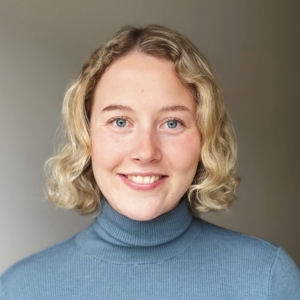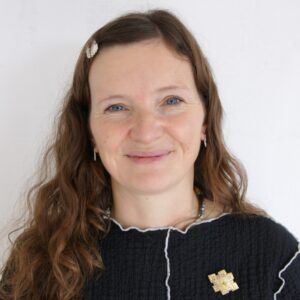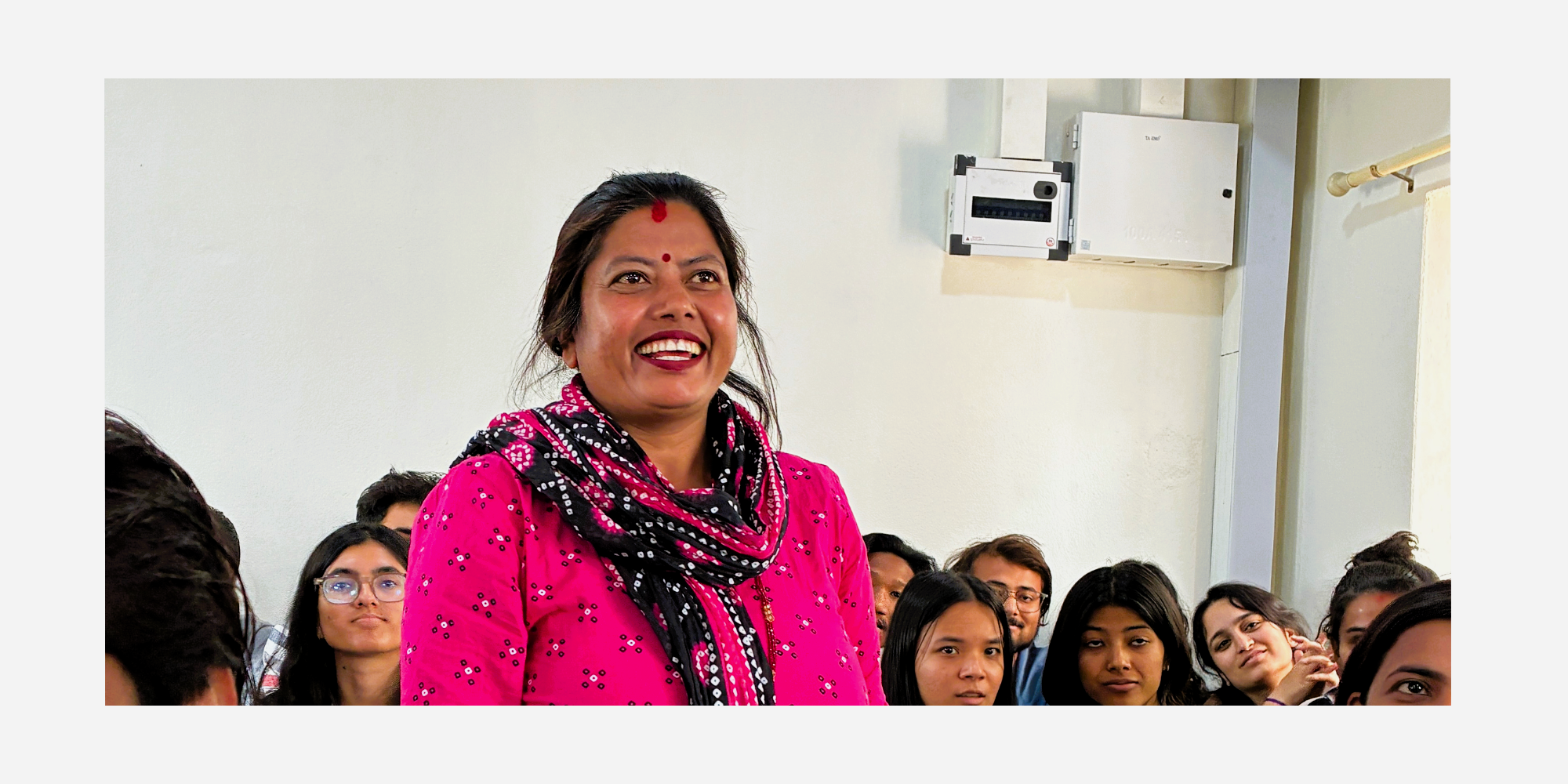
SolarFood Kicks Off in Nepal – Aiming to Empower Women in the Himalayan Region
Author
Published: 10 June 2025
Last updated: 13 June 2025
Contact persons
Share article:
The new SolarFood project held its inaugural meeting in Dhulikhel, Nepal on April 3rd. The new project is led by Ruralis and funded by the Research Council of Norway.
SolarFood aims to develop business models for solar-dried fruit initiatives in Bhutan and Nepal. These countries experience significant post-harvest losses due to limited food preservation techniques and inadequate storage infrastructure. Solar drying is a good option. Small-scale farmers already use solar drying to preserve food but traditional methods – which involve drying crops directly in the sun without protection – are often inefficient and unhygienic.
The previous SolarFood project, led by Professor Martin Andersson from Lund University, resulted in the development of a solar dryer that speeds up the drying process for fruit while protecting produce from insects and weather. But the current initiative emphasizes social science, particularly the development of inclusive business models that use the solar drying technology.
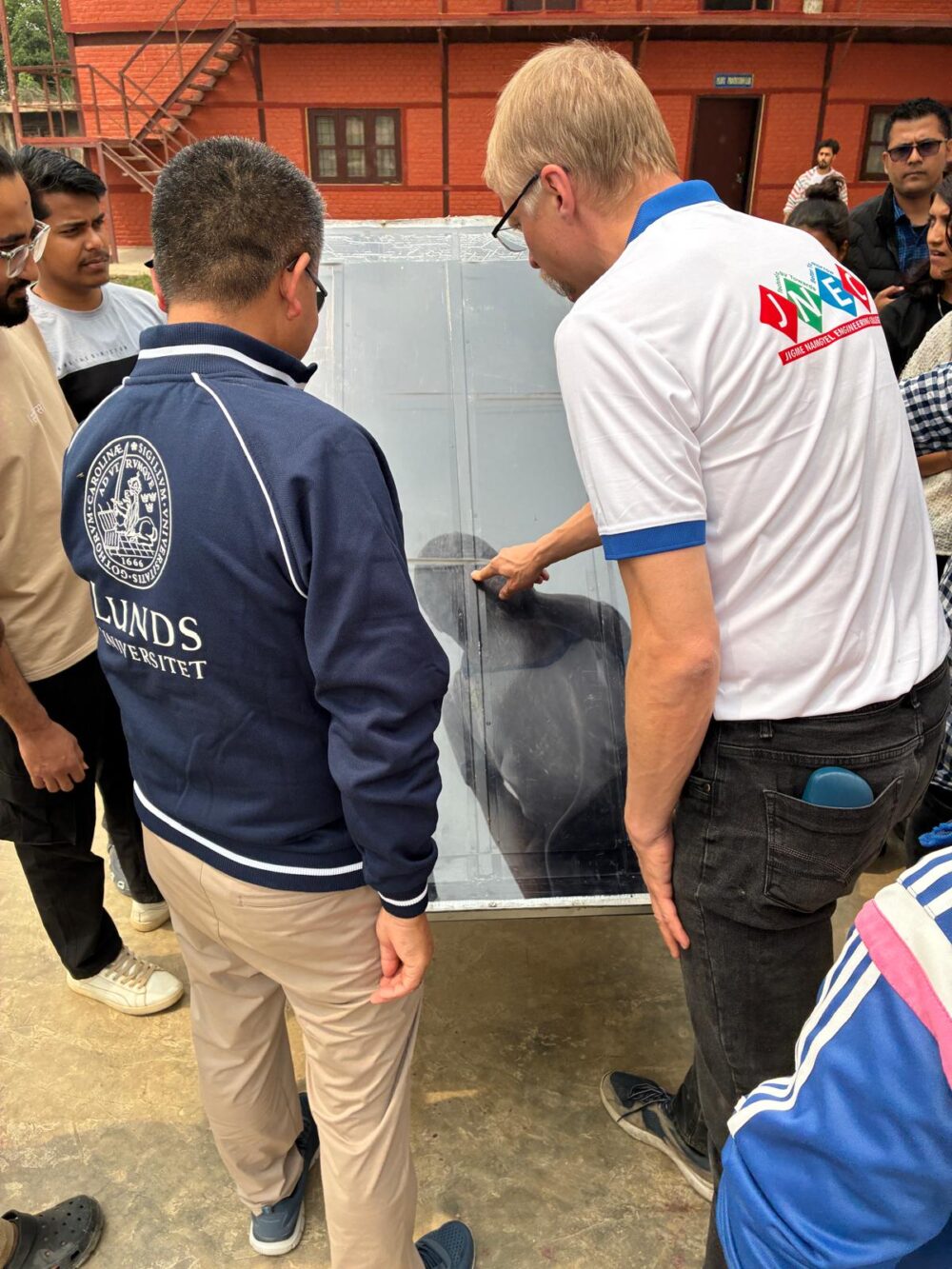
Photo: Jessika Sellergren
Business models involve exploring local market opportunities to empower farmers and small communities to add value to dried fruit, for instance by selling it to tourists in the Himalayan region. A primary objective is to ensure that the new solar drying technology is available to farmers in the area.
The current leader of the SolarFood project, Pia Otte, who has assessed the need for solar drying among farmers in Bhutan and Nepal, comments:
We’re excited to continue our work on solar drying, now with a stronger focus on social science research to ensure effective implementation. Through SolarFood, we aim to support local ownership and local manufacturing of the dryers. I’m especially glad to continue this interdisciplinary work – also involving new social science partners from Bhutan and Nepal.
Women-led agricultural cooperatives are at the core of the new project. While women frequently assume responsibility for food drying, they have limited access to financing options for solar dryers. Cooperatives address these challenges by leveraging collective resources, reducing individual risk, enhancing product quality and quantity, and reinforcing collective bargaining power to achieve more favourable pricing. SolarFood will collaborate with selected women-led cooperatives to develop inclusive and sustainable business models.
SolarFood unites social scientists and technologists in a strongly interdisciplinary team that combines expertise in rural sociology, entrepreneurship, marketing, heat and mass transfer, engineering, and food sciences. In addition to Ruralis, project partners include Lund University, Royal University of Bhutan, and Kathmandu University. SolarFood will also enroll two PhD students at Kathmandu University. Reflecting the interdisciplinarity of the project, one will focus on social science and the other on technical aspects.
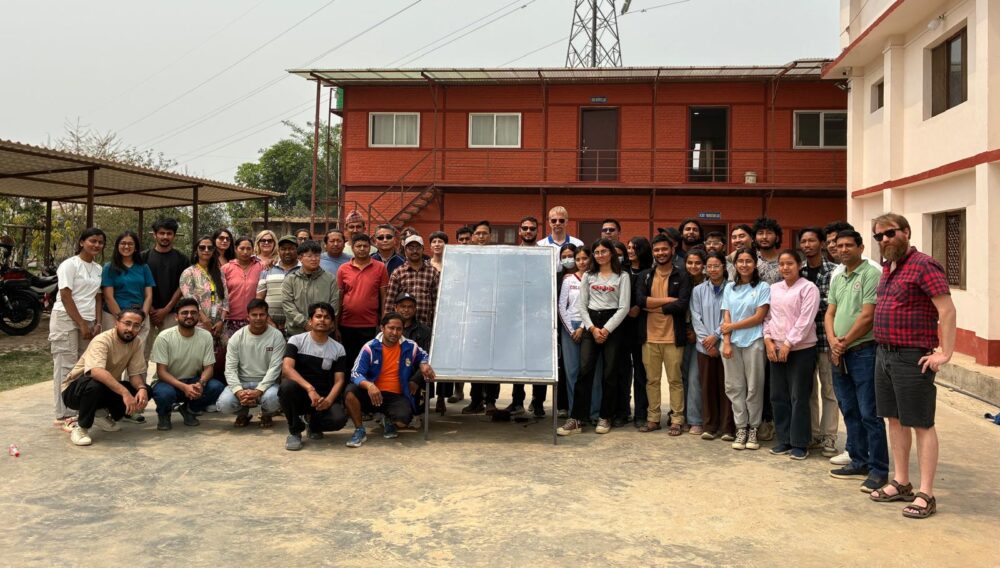
Photo: Jessika Sellergren
The next stage of the project is to identify the case areas and the women-led agricultural cooperatives in Bhutan and Nepal that the team will work with in the following years. The project will also include a business model advisory group in each country that will provide practical, industry-related inputs for the design of the business models. Stakeholders are currently being identified and recruited. First fieldwork in Bhutan and Nepal with the joint project team is scheduled for November 2025.
Learn more about the developed solar drying technology in SolarFood 2.0 here: Better drying techniques can reduce food waste – Ruralis
Solar Food’s new project page can be found here: SolarFood: Developing inclusive business model (BM) concepts for solar food drying in the Himalaya region – Ruralis
Author
Published: 10 June 2025
Last updated: 13 June 2025
